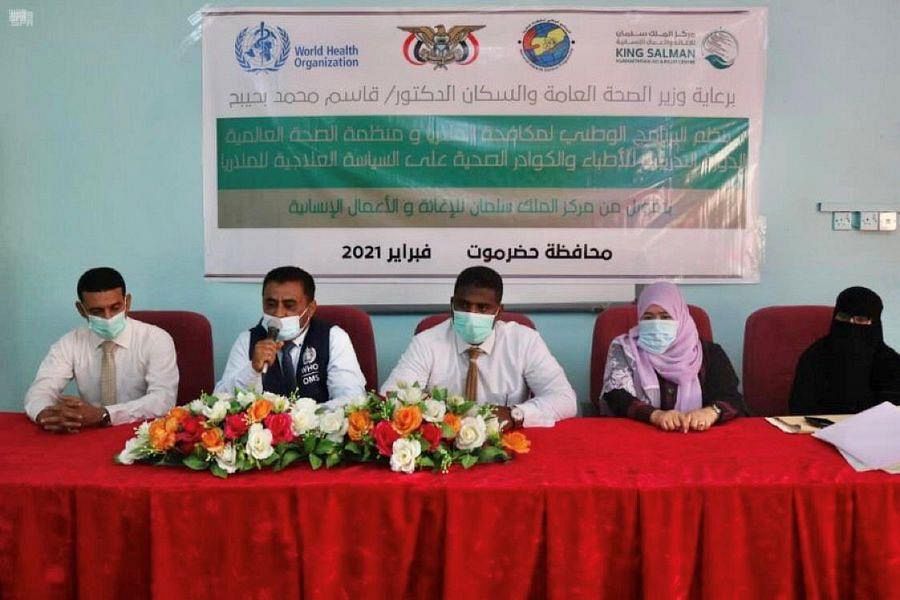
RIYADH — The National Committee to Combat Human Trafficking (NCCHT) and the Ministry of Foreign Affairs (MOFA), in cooperation with the United Nations Office on Drugs and Crime (UNODC), conducted a two-day training entitled, "The Role of Diplomats in Identifying Cases of Trafficking in Persons.”
The training attracted more than 155 participants representing 65 Saudi embassies around the world.
The program began with an overview of the pillars of trafficking in persons, relevant domestic and international legal frameworks for addressing trafficking, how to recognize victims of trafficking, and how to conduct interviews with victims and potential victims.
In addition, and of particular importance to MOFA personnel, the program covered means and resources to facilitate the voluntary return of a victim to his/her country of origin in cooperation with foreign embassies and international partner organizations and the role of diplomats in the country’s joint action plan for addressing trafficking cases, known as the National Referral Mechanism.
According to Dr. Awwad Alawwad, chair of the NCCHT and president of the Human Rights Commission (HRC), “Trafficking in persons is a grave violation of human rights which requires coordination both locally and globally.
“Given the transnational nature of this crime, MOFA’s diplomatic missions play a key role. We are grateful for our international partnership with the UNODC, which ensures international best practice is integrated into our nationwide training and capacity-building programs.
“The Commission also maintains partnerships with other international organizations, including the International Organization for Migration (IOM) and the UN Office of the High Commissioner for Human Rights (OHCHR), as part of a broader strategy to align Saudi efforts with international efforts and best practice in upholding human rights.”
According to Judge Hatem Fouad Aly Mohamed, UNODC"s representative for the Gulf Region, “I was impressed by the level of participation and commitment among the diplomats who joined us from the Kingdom’s embassies, permanent missions, and consulates all around the world to learn about their role as first responders in the detection of trafficking in persons and protection of victims of this crime.
“The government of Saudi Arabia, led by the Saudi Human Rights Commission and its President Dr. Awwad Alawwad, has shown such enthusiasm for reform and receptivity to suggestions for improving processes that we as the UNODC are challenging ourselves to equal the commitment of the Kingdom and to avail all our expertise to support the major reform effort in the country, particularly in the improvement of the national referral mechanism in detecting and protecting victims of trafficking in persons.” — SG











